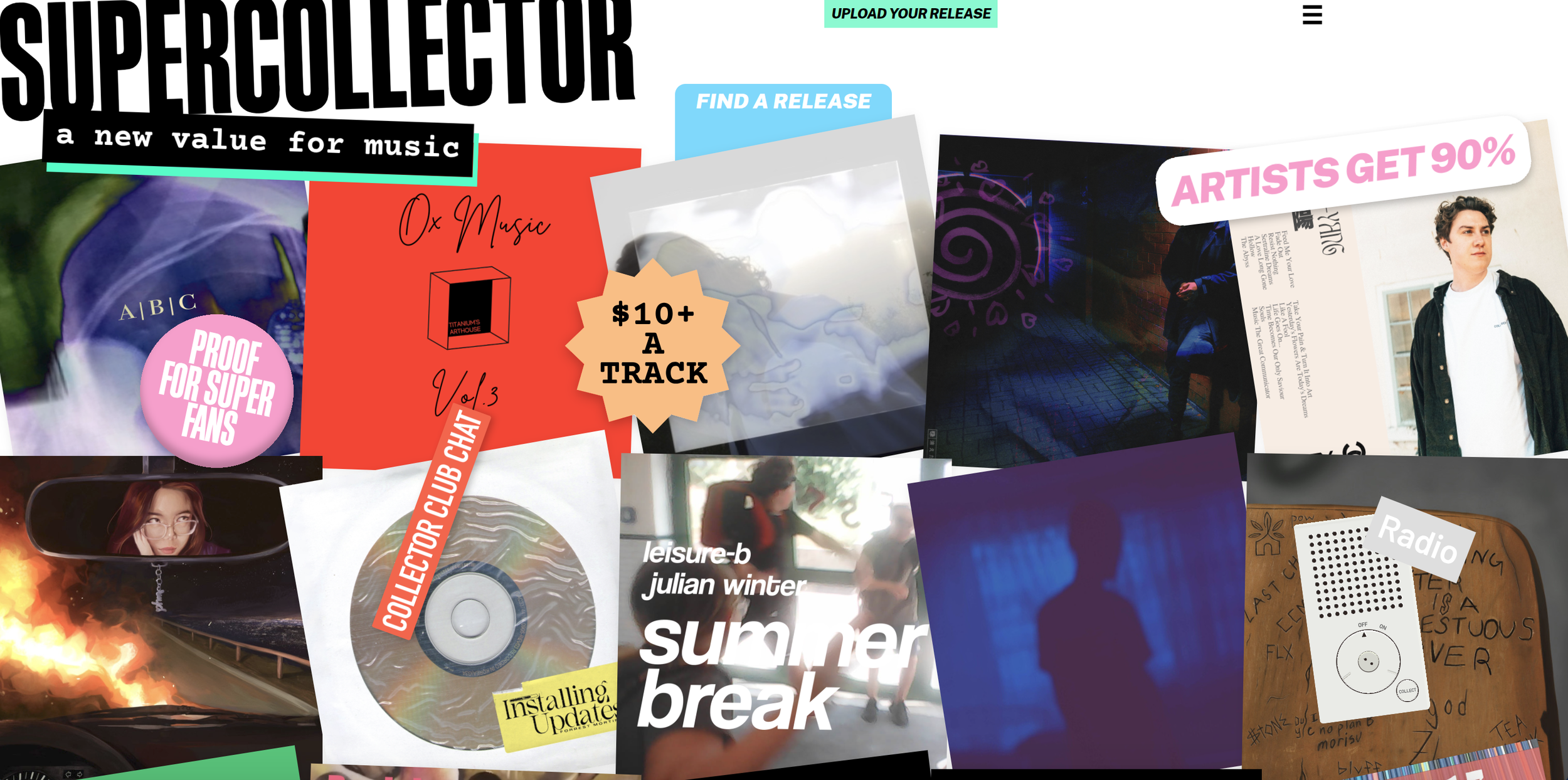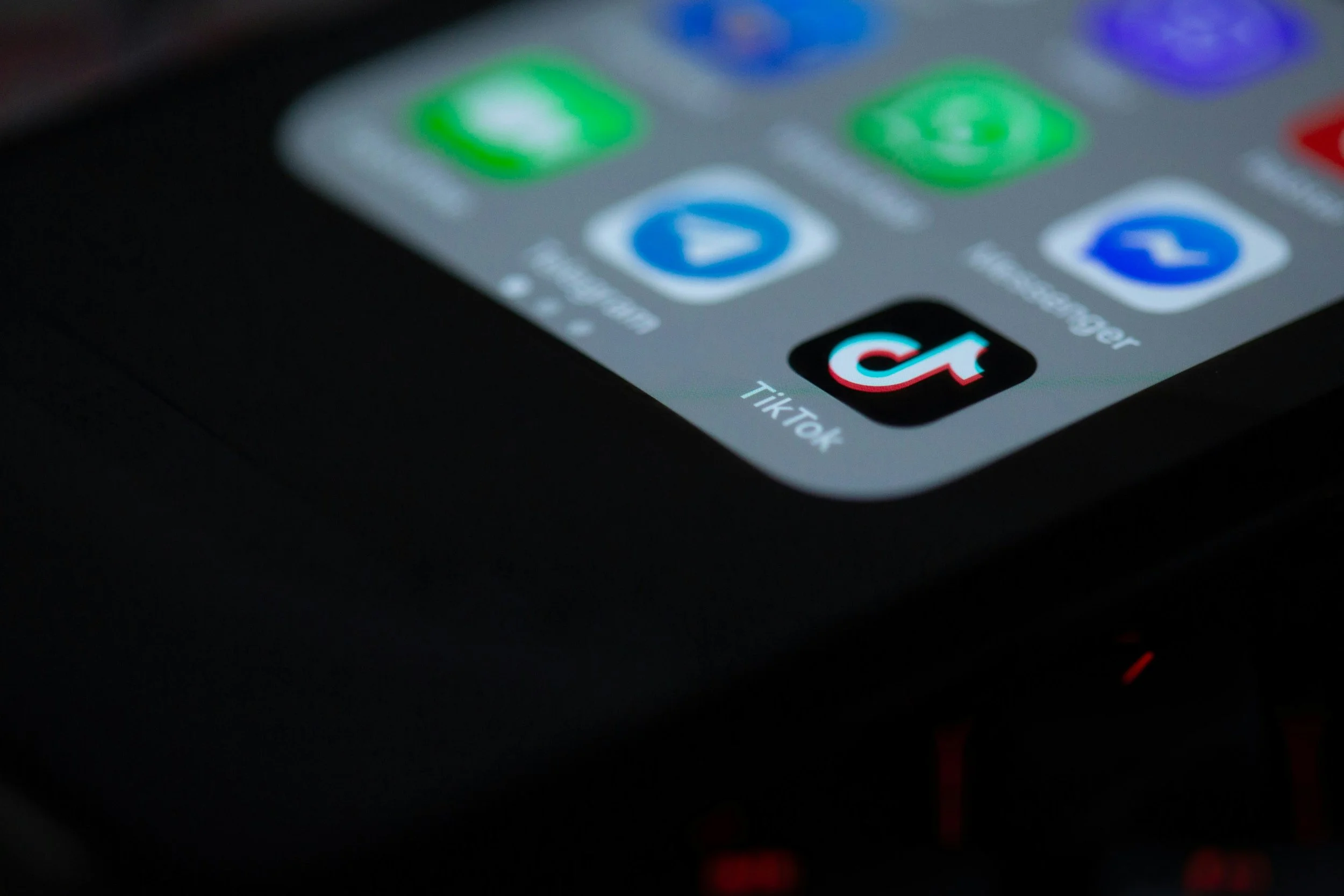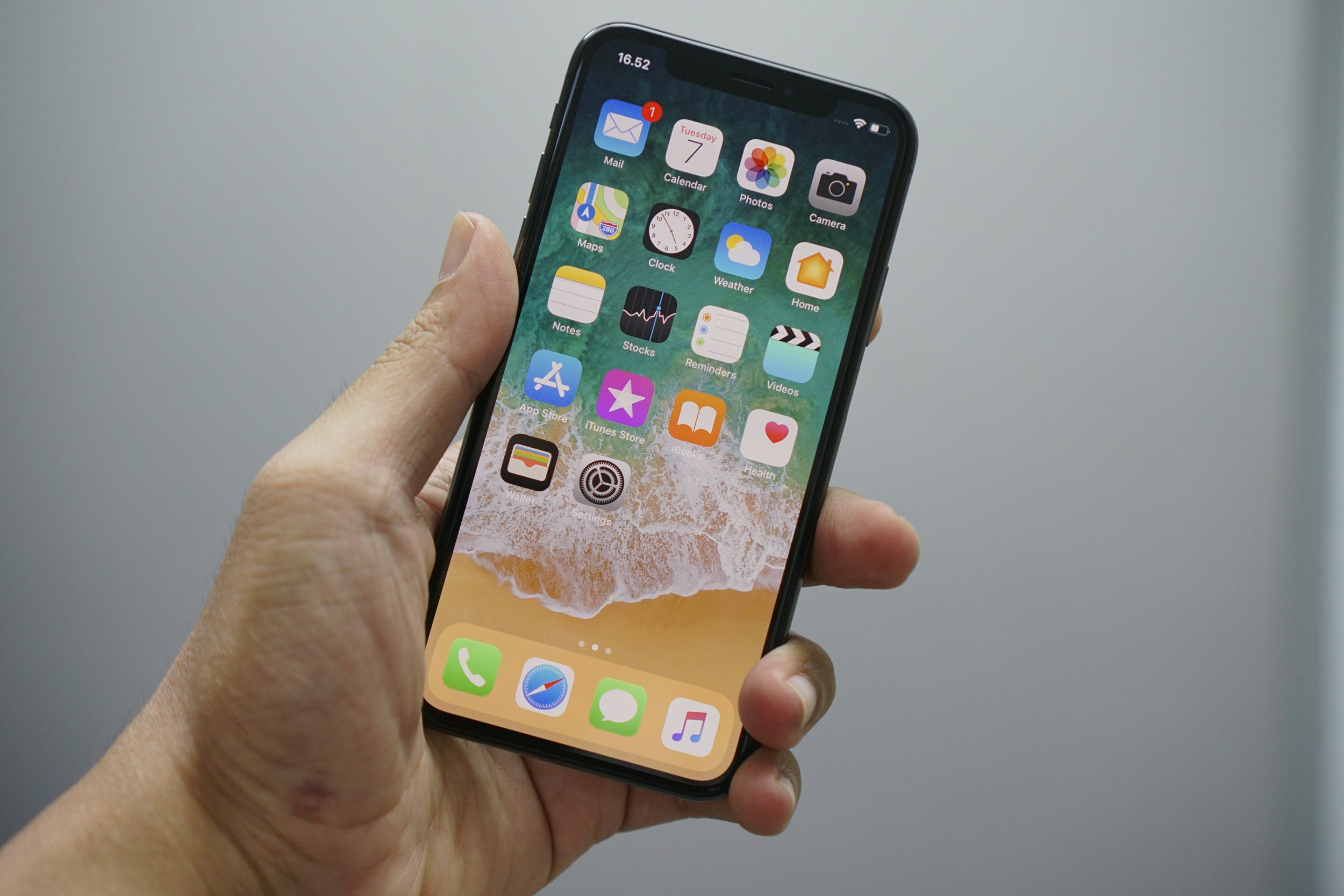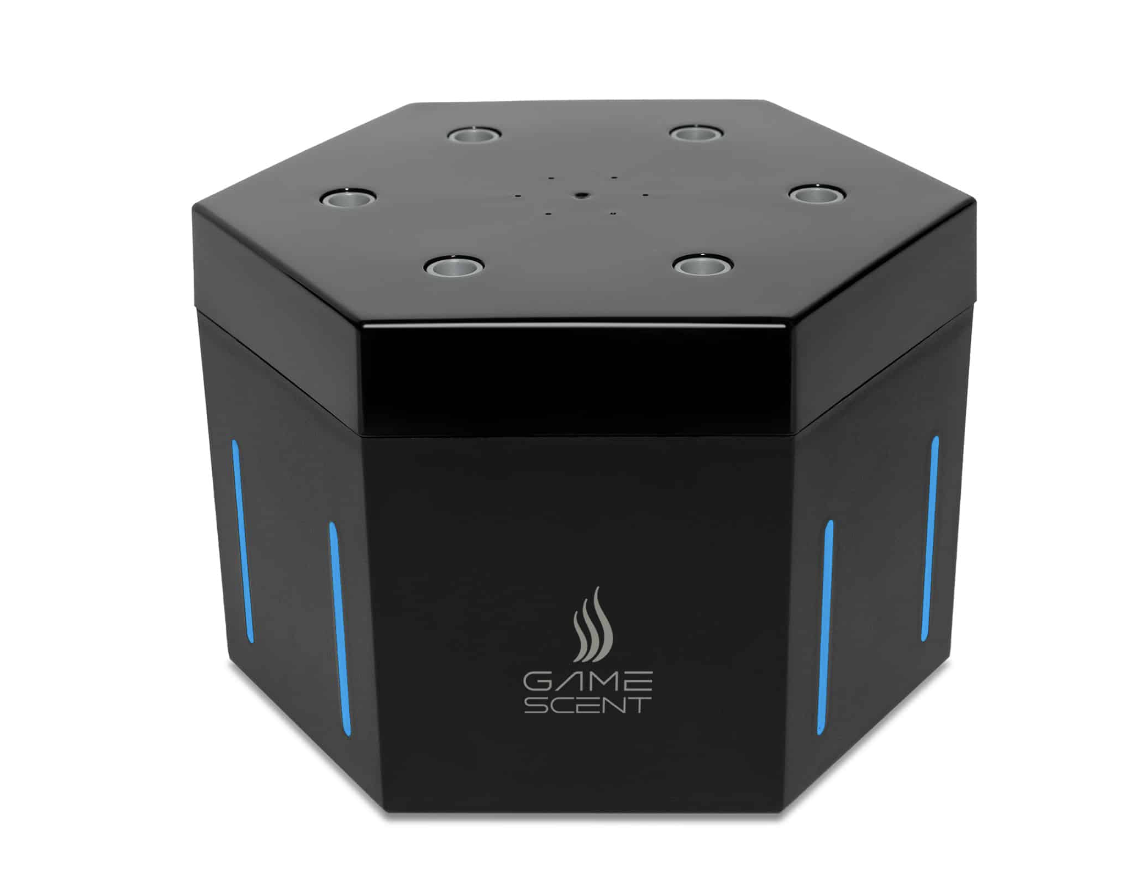This month, the United States federal government is placing increased scrutiny on big tech regarding privacy, security, and market competition. While the Department of Justice files an antitrust suit against Apple for its hold on the smartphone market, Congress makes a bold statement with legislation potentially banning TikTok in the United States. Meanwhile, Reddit’s initial public offering may signal a move for more tech companies to go public. On a lighter note, the world of entertainment, innovative tech brings scent to the gaming experience, and artists explore blockchain to compete with music streaming platforms.
Banning TikTok and Privacy Concerns
Privacy remains front of mind this month, as the U.S. House of Representatives passed a bi-partisan bill banning TikTok, the popular social media app, unless the Chinese parent company ByteDance sells all of its shares. While there is well-known controversy about the app and its hold time and attention, the primary motivation of this legislation is national security. Particularly, concern grows around the company’s potential to share sensitive user data with the Chinese government and influence U.S. elections.
TikTok is pushing back on the legislation, and encouraging users to take action against the bill. Growing pushback centers around the app’s impact on the economy, and particularly, uplifting creators and small businesses. For artists and other creators, the app can have a significant impact on their livelihood. While for the government, there are significant concerns for user privacy and international security. As the Senate weighs a vote, the future of this bill remains uncertain.
TikTok faces possible U.S. ban as Congress considers national security.
Source: Unsplash
Apple Faces Antitrust Lawsuit & EVeryone is under the lens of the EU
The U.S. Department of Justice has filed a civil antitrust lawsuit against Apple, alleging that the tech company holds a monopoly in the smartphone market. The suit cites that the company’s hold on the market restricts access, “extract(ing) more money from consumers, developers, content creators, artists, publishers, small businesses, and merchants, among others.”
In support of this case, the Department of Justice references non-competitive elements of the company’s conduct, including:
Blocking superapps that would allow consumers to easily transfer data across devices
Poor quality of messaging across apps
Restricting functionality of alternate smart watches
Preventing third-party digital wallets or tap-to-pay functionality
This list is not exhaustive, and the suit claims that the impact does not stop at smartphone usage. These non-competitive practices could influence other industries which rely on the product, such as gaming, entertainment, media and more. Read the official complaint here.
Then, in another moment of governmental oversight, the EU is targeting Google, Apple, and Meta in to enforce the EU’s Digital Markets Act. All of these actions are tied to monopoly-esque environments and creating a more fair marketplace for both creator and user. Read the full coverage here.
U.S. Department of Justice files Antitrust Suit against Apple
Source: Unsplash
Game Scent makes entertainment more immersive
Looking to get more immersed in your gaming? Game Scent launched last month, met with equal parts skepticism and amusement. Powered by AI, the device uses audio captured from your phone to cue a variety of aromas. Currently, there are six available scents, created through essential oils: Gunfire, Explosion, Forest, Storm, Racing Cars, and Clean Air, with plans to release more in the year ahead. Game Scent is compatible with all gaming systems.
Game Scent uses AI to create multi-sensory gaming experience.
Image Source: Game Scent
Reddit Goes public On New York Stock Exchange
Prices soared on Reddit’s first day on the New York Stock exchange, opening public trading nearly 20 years after the company’s founding. Closing at $50.44, prices rose by more than 48% on March 21, putting market capitalization at $9.5 billion. Though the initial public offering was a success, Reddit is currently not profitable and may have hurdles ahead to meet stockholder expectations. In addition to Reddit, Aster Lab, an A.I. company, also hit the stock market this month - rising by 72% on the first day of public trading. As investment in tech grows, this may be a signal for other smaller private tech companies to go public.
Reddit prices soar on New York Stock Exchange
Image Source: Pexels
Blockchain for Music Subscriptions
Music listeners have grown accustomed to subscription models, like Spotify or Apple Music, which allow unlimited access to a sizable catalog of music for a small monthly fee. For artists, sharing music on these platforms may seem like a requirement to gain traction, though for many streaming yields little revenue. Many criticize that the subscription model makes the value of music invisible to listeners. Some artists have artists-specific subscriptions, similar to Patreon, where fans would pay a monthly fee directly to an artist's platform for listening and exclusive content. However, this could be cost prohibitive on a fan’s end and place undue pressure on an artist to create a constant stream of new content.
A developing platform, called Supercollector, poses a new format. Using blockchain technology, fans can purchase a track for $10 and enter an online community for the artist. The platform could help fans more directly engage the music they love, while channeling income to artists more directly.
Source: Supercollector
-
https://www.nytimes.com/2024/03/13/technology/tiktok-ban-house-vote.html
https://www.justice.gov/opa/pr/justice-department-sues-apple-monopolizing-smartphone-markets
https://www.wired.com/story/gamescent-wants-you-to-smell-the-gunfire-while-you-play/
https://www.justice.gov/opa/media/1344546/dl?inline
https://www.nytimes.com/2024/03/21/technology/reddit-stock-ipo-market.html
https://www.theguardian.com/music/2024/mar/25/james-blakes-music-subscription-model-is-a-fantasy-that-disadvantages-fans-and-musicians





